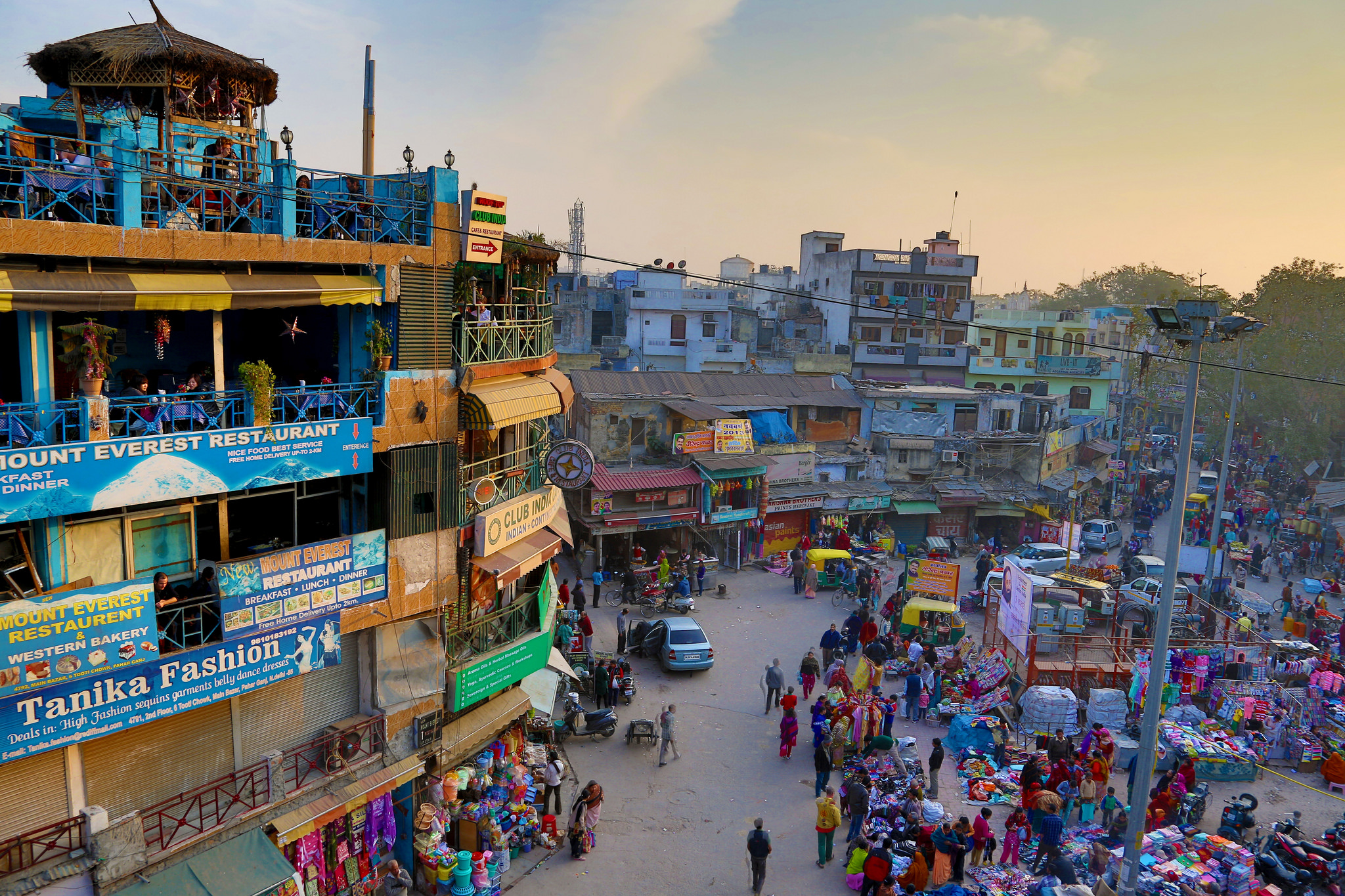Difficult times lie ahead for public service media in Bosnia and Herzegovina, as the national public broadcaster faces possible closure due to political control, a lack of funding and inefficient licence fee collection services.
After a series of setbacks over the past couple of years, the future of the public media sector in Bosnia & Herzegovina is becoming even more unstable and uncertain. Here at PMA, we have taken a closer look and pulled together the latest developments in the country’s troubled public media sector:
- Temporary suspension: In June last year, we reported about a series of long-standing debts that could have led to the suspension of Bosnian PSB, Bosnia and Herzegovinian Radio and Television (BHRT). However, a last-minute deal with the parliament, which included funding gathered from the licence fees and public funds, kept it on air.
- An appeal to the authorities: The situation however, did not improve and in December 2016, the European Broadcasting Union (EBU) placed level three sanctions on BHRT due to outstanding debts and launched an appeal to Bosnian and Herzegovinian authorities to save the public broadcaster. The financial situation has been caused and exacerbated due to a lack of funding as a result of the deterioration of the licence fee, a weak tax collection system and debts from regional broadcast partners.
- Struggles with digital transition: As of last year, Bosnia is still struggling to implement and support a digital switchover of its public television, mostly due to political control over the process and the attempt to find cheaper alternatives.
- A joint appeal: In February, the European Federation of Journalists (EFJ) and the EBU joined with members of the European Parliament to discuss the urgency of supporting public service media and independent journalism in the Balkan Region as a whole, acknowledging the lack of financial independence, old technical means, and tight political control.
- A matter of funding and lack of independence: Public service media in the Balkan region has been severely undermined by a lack of efficient license fee collection systems, with some countries likely to opt for state funding. Moreover, parliaments continue to play a key role in the appointment procedures of the region’s broadcasters’ governing bodies. These factors can increase the control the government might exercise on public service media in Bosnia and the Balkan region at large, limiting their independence.
- Democracy at stake: Early this April, Freedom House reported a general decline in democracy in Bosnia and Herzegovina. According to Balkan Insight, the country “experienced its worst political dysfunction since the war, as demonstrated by the constant derogation of state institutions and mockery of democratic procedures of political leaders”. This has contributed to a deteriorating public media landscape and fuels the ongoing crisis faced by BHRT.
- Impending closure: The tight financial situation that reached its peak last summer has not given any signs of improvement and may now lead to the complete closure BHRT if the situation continues to worsen, media experts and BHRT employees have warned. The various methods implemented to collect the fees have been unsuccessful and the broadcaster is struggling to pay its debts. Both the EBU and EFJ have warned that a closure would have “a devastating effect, not only on the media system but on a society already split with ethnic divisions”.
- Limited media freedom: media ownership and transparency in the region are impaired by the absence of rules and formal initiatives aimed at bringing media ownership to light. Many media professionals often cannot launch such initiatives as they would most likely be in contrast with the legal and ethical guidelines established by their profession. Altogether, the transparency of media ownership still relies on the willingness of media professionals to reveal and share relevant details. This scant transparency makes it difficult to notice any influence on editorial policies, offering very fertile ground for political or economic pressures to grow and influence media freedom in the country.
The links above are to original stories, which are not produced by PMA. ‘Focus on PSM’ pulls together stories from regions experiencing periods of heightened debate about the role of public media. PMA does not necessarily endorse these stories nor do they necessarily reflect the view of PMA.
Header image: Sarajevo, the home of Bosnia & Herzegovina’s public broadcaster. Credits: Michał Huniewicz/Creative Commons
Related Posts
25th July 2016
EFJ: From State Media to Public Service Broadcaster
Speech by Mogens Blicher Bjerregård,…

